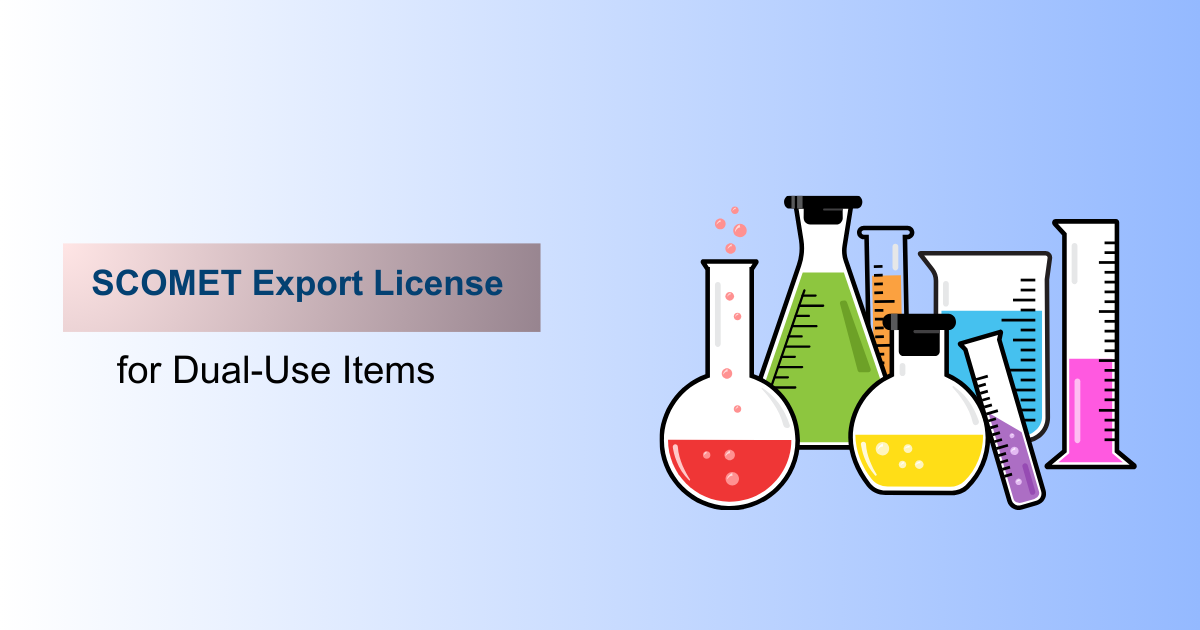 Affiliate Blog Copy – Sell Without Selling. Earn More Now!
Affiliate Blog Copy – Sell Without Selling. Earn More Now!
The Udyam Registration Scheme Is Not Enough for the MSME Sector
Written by Corpseed ITES Pvt Ltd » Updated on: June 17th, 2025

Introduction of MSME Registration
The Micro, Small, and Medium Enterprises (MSME) sector is the backbone of the Indian economy, contributing significantly to GDP, employment, and exports. The government introduced the Udyam Registration Scheme in 2020 to promote and support this vital sector. While this scheme has simplified the process for MSME registration, it is not enough to address the sector's diverse needs and challenges.
Limitations of the Udyam Registration Scheme:
Limited Benefits: The Udyam Registration Scheme primarily provides a unique identification number (Udyam Aadhaar) for MSMEs. While this number is essential for availing certain government benefits, it does not offer comprehensive support to the sector.
Lack of Financial Assistance: The biggest obstacle facing MSMEs is getting financing. Although the government has put in place several programs to offer financial aid, these are frequently intricate and challenging to use. This problem is not specifically addressed by the Udyam Registration Scheme.
Regulatory Burden: Even with the registration process being made simpler, MSMEs still have to deal with a complicated regulatory landscape. There is no alleviation from this burden offered by the Udyam Registration Scheme.
Limited Market Access: Limited market access is a serious problem for MSMEs. There are no particular measures provided by the Udyam Registration Scheme to assist MSMEs in growing their markets and attracting new clients.
What More is Needed?
The government must adopt a more all-encompassing strategy if it is to actually assist the MSME sector.
Here are some key measures that could be implemented:
Financial Assistance: The government should provide more accessible and affordable financial assistance to MSMEs, including loans, grants, and equity investments.
Regulatory Reforms: The government should streamline the regulatory environment for MSMEs, reducing the compliance burden and promoting ease of doing business.
Market Access: The government should create platforms and initiatives to help MSMEs access new markets, both domestic and international.
Skill Development: The government should invest in skill development programs to equip MSME workers with the skills they need to succeed in a competitive environment.
Technology Adoption: The government should encourage MSMEs to adopt technology to improve their productivity and efficiency.
Limitations of the MSME Sector in India
The Micro, Small, and Medium Enterprises (MSMEs) sector plays a crucial role in India's economy, contributing significantly to GDP, employment, and exports. However, it faces several limitations that hinder its growth and development.
Key Limitations:
Access to Finance:
High Interest Rates: MSMEs often struggle to secure loans at competitive interest rates, making it difficult to invest in growth and expansion.
Collateral Requirements: Many financial institutions require collateral, which can be a challenge for MSMEs with limited assets.
Bureaucratic Procedures: The process of obtaining loans can be time-consuming and bureaucratic, discouraging many MSMEs from seeking financing.
Regulatory Burden: Complex Regulations: MSMEs often face a complex and ever-changing regulatory environment, which can be burdensome and costly to comply with.
Time-Consuming Procedures: Complying with regulations can be time-consuming, diverting resources away from core business activities.
Limited Market Access:
Lack of Brand Recognition: Many MSMEs struggle to compete with larger corporations due to limited brand recognition and market visibility.
Distribution Challenges: Accessing distribution channels can be difficult for MSMEs, especially in rural areas.
Skill Shortages:
Lack of Qualified Personnel: MSMEs often face challenges in finding qualified personnel with the necessary skills to drive growth and innovation.
Limited Training Opportunities: Access to training and development programs can be limited for MSMEs, hindering their ability to upskill their workforce.
Technological Challenges:
Limited Adoption of Technology: Many MSMEs are slow to adopt new technologies, which can hinder their competitiveness and efficiency.
Cost Barriers: The initial investment in technology can be a barrier for many MSMEs.
Infrastructure Constraints:
Inadequate Infrastructure: Poor infrastructure, such as inadequate power supply and transportation facilities, can hamper the operations of MSMEs.
Geographical Disparity: MSMEs located in rural areas often face greater infrastructure challenges than those in urban areas.
Conclusion:
While the Udyam Registration Scheme is a positive move, it is insufficient to solve the intricate problems that the MSME sector faces. The government must adopt a more all-encompassing strategy that takes into account the sector's many demands and difficulties if it is to genuinely support this important industry. The government can foster an atmosphere that supports MSMEs and helps them grow and contribute to the general expansion and advancement of the Indian economy by putting the policies mentioned in this blog into practice.
Note: IndiBlogHub features both user-submitted and editorial content. We do not verify third-party contributions. Read our Disclaimer and Privacy Policyfor details.
Copyright © 2019-2025 IndiBlogHub.com. All rights reserved. Hosted on DigitalOcean for fast, reliable performance.












